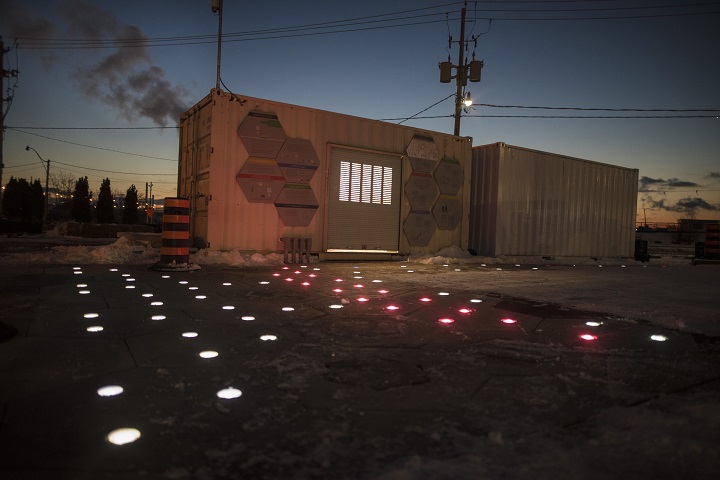TORONTO – The Canadian Civil Liberties Association says it’s making good on its threat to sue all three orders of government over Google’s plans for a high-tech neighbourhood in Toronto.

The association announced it was filing suit against the federal, provincial and municipal governments as well as Waterfront Toronto, the lead organization partnering with Sidewalk Labs on the Quayside project.
Last month the association sent a letter threatening to launch the suit and demanding a “reset” on the project.
Executive Director Michael Bryant says the project sets a “terrible precedent” for the country and suggests the collaboration subjects Toronto residents to “unlawful surveillance.”
The Quayside project, which still needs further approvals from all three levels of government, involves bringing affordable housing, heated sidewalks, and autonomous vehicle infrastructure to five hectares of the city’s waterfront.
It has been mired in controversies over data and privacy concerns due to the vast amounts of information it could collect through phones, sensors and other devices used in the neighbourhood.
No details of the suit were immediately available, but the association says it plans to release more information at a news conference this afternoon.
In the letter warning of the impending suit, the group told Prime Minister Justin Trudeau, Ontario Premier Doug Ford and Toronto Mayor John Tory that the project poses constitutional problems because it has outsourced the public interest to a private company without democratic or legal authorities.
The letter said the association is concerned the project has opened the door to a “non-consensual, state-authorized mass capture of Canadians’ personal information.”
- As Canada’s tax deadline nears, what happens if you don’t file your return?
- Video shows Ontario police sharing Trudeau’s location with protester, investigation launched
- Is $10/day child-care at risk of ‘derailment’? Report spurs questions
- Canada to donate $3M to Ukraine drone production, buy more ammunition



Comments